SUMMARY
This is AI generated summarization, which may have errors. For context, always refer to the full article.
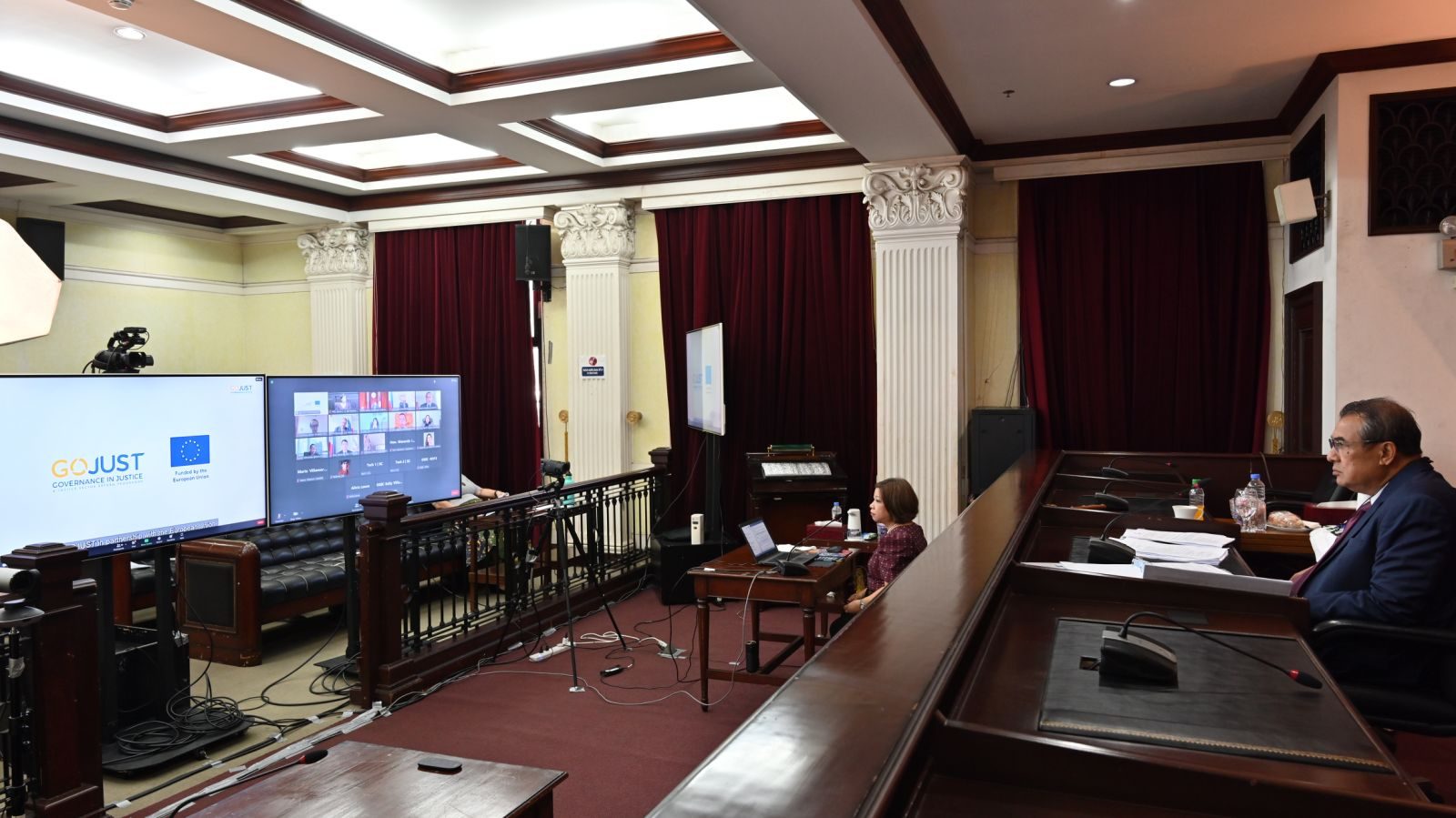
The European Union has extended until 2025 its justice reform program in the Philippines, infusing it with a fresh P1.1-billion funding and new versions of promises to make the system better.
Chief Justice Alexander Gesmundo said the funding will be used partly to beef up legal aid services.
“Unhappily, legal services are equated with high costs. This has left a good number of our citizens with little or no choice at all in terms of legal representation. The effect: people avail of free help and advice through television and radio talk shows and personalities, some even without legal training or legal background,” Gesmundo said on Thursday, November 25, during the formal launch of the program, called GoJust 2.
The first phase of GoJust, or Governance in Justice, ran from 2016 to 2020 and counts among its achievements up to 37% decongestion rate in court dockets, and the establishment of seven justice zones. Justice zones refer to a coordinating mechanism that links up courts, prosecutors, police, and prisons in a locality to improve processes, and ideally free prisoners faster and more efficiently.
The pandemic policy of the Philippine police, however, ran counter to this aim because they kept arresting and jailing thousands of quarantine violators, with some staying in crowded prisons far longer than they should.
GoJust’s main beneficiary is the Justice Sector Coordinating Council (JSCC), made up of the Supreme Court, the Department of Justice, and the Department of the Interior and Local Government (DILG).
DOJ and DILG drew up a policy to address prolonged detentions of quarantine violators, but it was still bound by the marching order of President Rodrigo Duterte to arrest, rather than impose community service.
Justice Secretary Menardo Guevarra said GoJust helped them deploy test kits to jails and penal colonies, as well as procure gadgets for video call “visitations” for prisoners.
Human rights
For GoJust 2, Guevarra said the DOJ “will strengthen our capacity in investigating and prosecuting human rights cases.”
The DOJ’s drug war review, and AO 35 panel on extrajudicial killings outside of the drug war, are being cited by the Duterte government to request the International Criminal Court (ICC) to stop its investigation. ICC Prosecutor Karim Khan has asked for more specific proof of genuine efforts.
“We will work on a manual on victim and witness management in human rights cases under AO35. This project will develop a victim support and Witness Protection Program (WPP) that will supplement the stature based WPP and board of claims of the DOJ,” Guevarra said.
“Through this program, we aim to encourage more victims and witnesses to come forward and take an active role in the prosecution of human rights cases,” said Guevarra.
The AO 35 panel has yet to come out with a report on its overall work, as well as a report on the Bloody Sunday incident last March where police killed nine activists while implementing search warrants.
The DOJ drug war review has reinvestigated 52 cases of police killings out of the 7,000, and has remanded them back to the National Bureau of Investigation (NBI) for another round of probe, a process called “superflous” by the Commission on Human Rights (CHR) which is still out of the loop.
Gesmundo focused on the effort to digitize the system, a longtime promise of the Supreme Court, and which was forced to take off during the pandemic albeit with heavily felt glitches.
“We shall also ensure 24/7/365 access to court and case-related information and services. Access to court services should not be limited to face-to-face access, especially in this time of pandemic,” said Gesmundo, promising justice portals “with layman-friendly and easy to understand information on court services and how to access them.”
The National Justice Information System (NJIS), a single portal for prisoner data aimed at decongesting prisons, and also a reason why the United Nations Human Rights Council went soft on Duterte, is still in the process of digitizing records, nearly two years after its launch.
– Rappler.com
Add a comment
How does this make you feel?
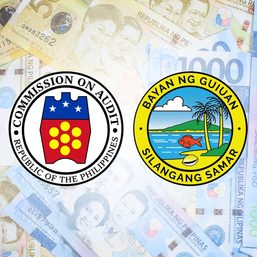

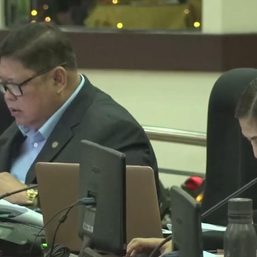

![[Under 3 minutes] Did DepEd waste P3-B worth of learning materials?](https://www.rappler.com/tachyon/2023/12/titlecard-ls.jpg?resize=257%2C257&crop=415px%2C0px%2C1080px%2C1080px)
![[EDITORIAL] Bakit hindi mahuli-huli si Apollo Quiboloy?](https://www.rappler.com/tachyon/2024/04/animated-quiboloy-investigation-april-2024-carousel-edit.jpg?resize=257%2C257&crop_strategy=attention)
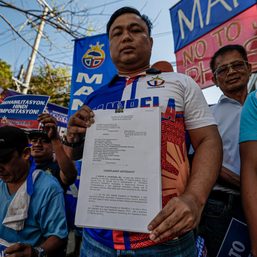

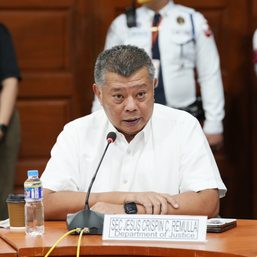
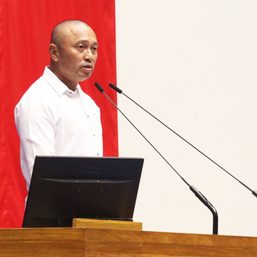










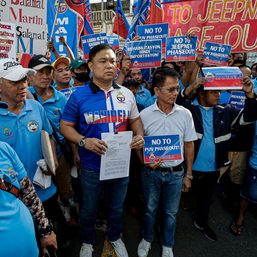







There are no comments yet. Add your comment to start the conversation.